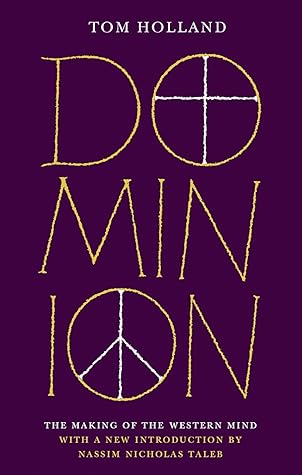From Scandinavia to central Europe, pagan warlords began to contemplate the same possibility: that the surest path to profiting from the Christian world might not be to tear it to pieces, but rather to be woven into its fabric. Sure enough, two decades after the great slaughter of his people beside the Lech, Géza, the king of the Hungarians, became a Christian. Reproached by a monk for continuing to offer sacrifice ‘to various false gods’, he cheerily acknowledged that hedging his bets ‘had brought him both wealth and great power’.
Welcome back. Just a moment while we sign you in to your Goodreads account.


